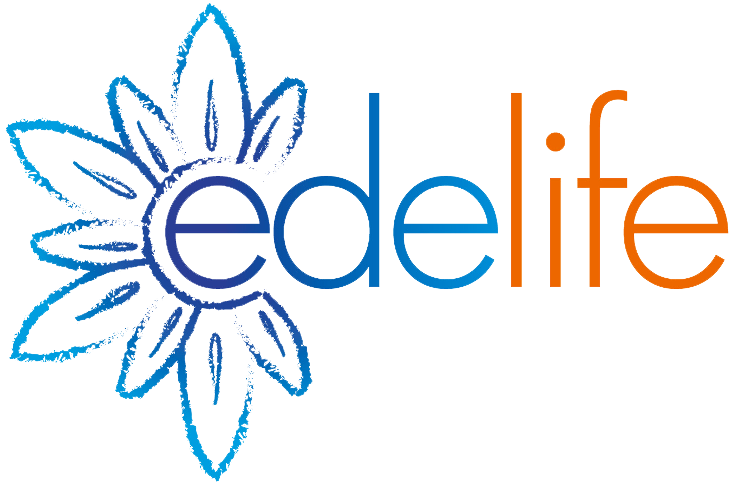Edelife XLHED Clinical Trial
Now Enrolling Pregnant Women
X-Linked Hypohidrotic Ectodermal Dysplasia (XLHED), the most common form of ectodermal dysplasia, is caused by a broad spectrum of mutations in the ectodysplasin A1 (EDA-A1) gene. The main symptoms of XLHED are hypo- or anhidrosis, oligo- or anodontia and hypotrichosis. Current treatment options are limited to managing disease symptoms and complications. Effective corrective treatment for XLHED remains a high unmet medical need.
Edelife is a clinical study of the safety and possible health benefits of an investigational medicine for pregnant women expecting an ectodermal dysplasia (XLHED) affected boy.
Investigational Protein Intended to Replace EDA-A1 in utero
The Edelife investigational treatment, ER004, consists of a first-in-class signaling protein replacement molecule designed for specific, high affinity binding to the endogenous receptor, intended to replace missing EDA-A1 protein in utero for patients with XLHED.
Administration at several specific times in pregnancy is essential, as ER004 impacts development of ectodermal precursors of sweat glands, teeth, etc.
Positive Outcomes in Named Patient Use of ER004 in XLHED Patients
Positive Outcomes in Named Patient Use of ER004 in XLHED Patients
- Positive results from three XLHED-affected boys treated in utero with ER004 were first reported in the New England Journal of Medicine in 2018.1
- Long-term positive results (N=6 patients, follow-up range 2 to 6 years) were recently published in the International Journal of Molecular Sciences in 2023.2
- The aim of the Edelife trial is to confirm the safety and efficacy of ER004 administered prenatally.

Results from 5 compassionate use case studies in XLHED patients treated by mulitple intra-amniotic infusions of ER004 showed restoration of sweating ability, with a normal chemically stimulated sweating. Sweat volumes were collected within 30 minutes in XLHED affected infants followed up to 5 years old.

NEXT STEPS: EDELIFE STUDY ENROLLMENT
Early referral is essential, as screening for Edelife must occur between weeks 19-24 of pregnancy. Contact an Edelife clinical site to refer a patient or request more information.


